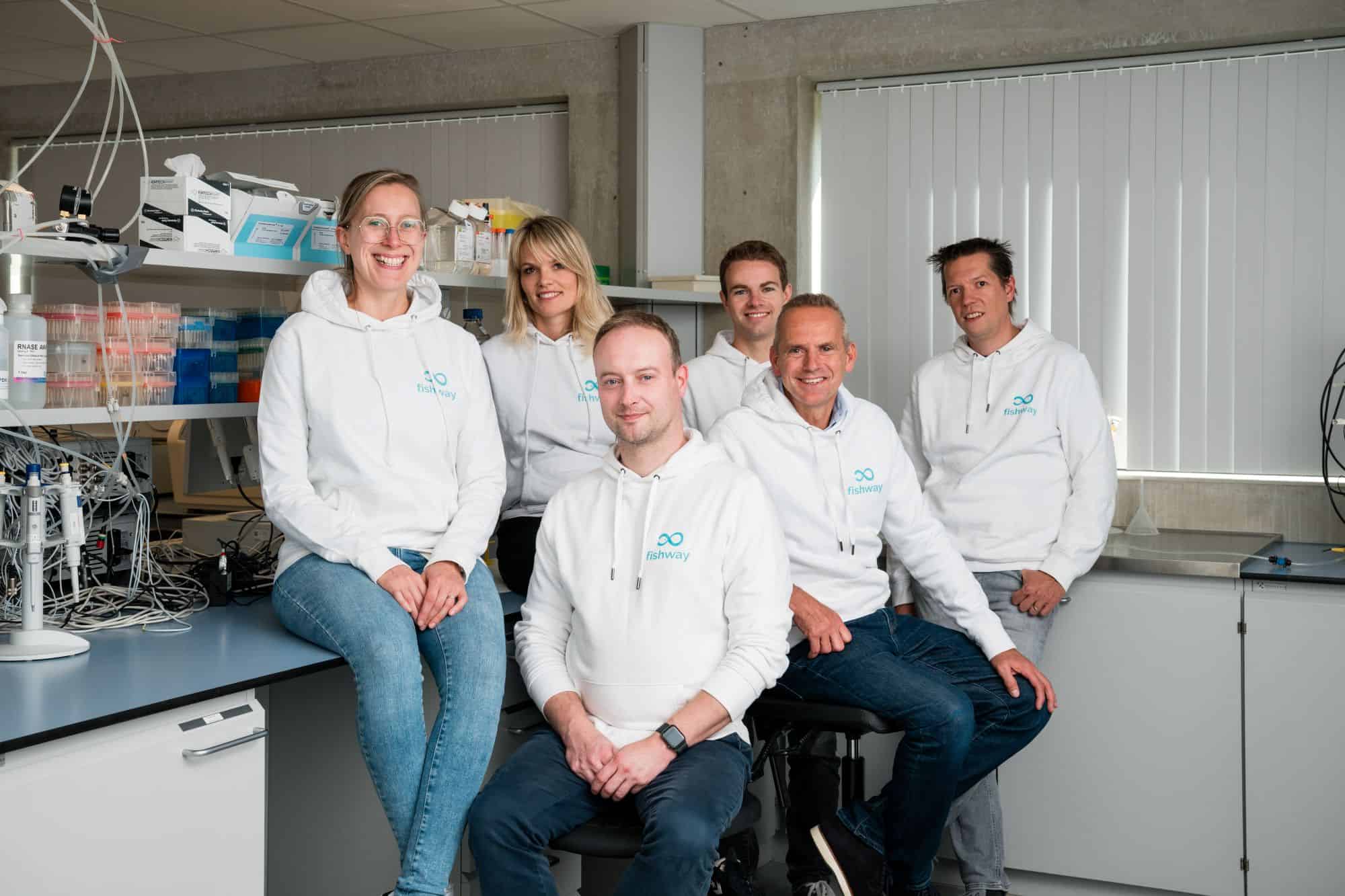The UK government has announced it is investing £1.4 million in a new innovation hub that aims to expand the expertise of the Food Standards Agency (FSA) in new technologies such as precision fermentation.
Precision fermentation involves the use of microorganisms such as yeast to make ingredients like whey protein without the use of animals. The process has been used for decades to produce ingredients such as rennet for cheesemaking, and in recent years there has been increasing interest in its potential as a method of producing alternative proteins.
No precision fermentation dairy products are currently on the market in the UK, but several applications are reportedly being evaluated by the FSA as part of the regulatory process. The new innovation hub, funded by the Department of Science, Innovation and Technology (DSIT), will improve the FSA’s ability to carry out risk assessments on precision fermentation-made products and provide greater regulatory clarity to companies wanting to sell them.
The widespread use of precision fermentation could have significant economic and environmental benefits. A report published in 2023 found that the UK alternative protein market had the potential to be worth over £6.8 billion per year and create 25,000 jobs by 2035. Additionally, a peer-reviewed life cycle analysis published last year by Verley (formerly Bon Vivant) found that the company’s precision fermentation milk proteins generated 72% fewer greenhouse gas emissions, consumed 81% less water, and used 99% less farmland than conventional dairy products.

“A particularly welcome move”
A recent analysis by GFI Europe found that the UK government has now invested £75 million in alternative protein innovation, more than half the total amount recommended by the 2021 National Food Strategy report.
Aside from the new hub, four alternative protein innovation centres have opened in the UK in recent years — the Bezos Centre for Sustainable Protein (BCSP), the Microbial Food Hub, the Cellular Agriculture Manufacturing Hub (CARMA), and the National Alternative Protein Innovation Centre (NAPIC). Some have received government funding, and all four recently signed a Memorandum of Understanding outlining their intention to collaborate in driving alternative protein innovation.
Additionally, the government announced £1.6 million in funding last year for a regulatory sandbox within the FSA and Food Standards Scotland, which aims to accelerate the authorisation process for cultivated meat and seafood.
“This announcement shows the government is working to capitalise on the UK’s potential to become a world leader in food innovation, helping entrepreneurs work with scientists to bring products to market in a way that upholds our gold standard safety regulations,” said Linus Pardoe, Senior Policy Manager at GFI Europe. “Focusing on precision fermentation – a hugely promising way to reduce the climate impact of many foods – is a particularly welcome move, and investing in the FSA’s risk assessment capacity is a positive step towards modernising the regulatory pathway to deliver benefits to the public and innovators.”




